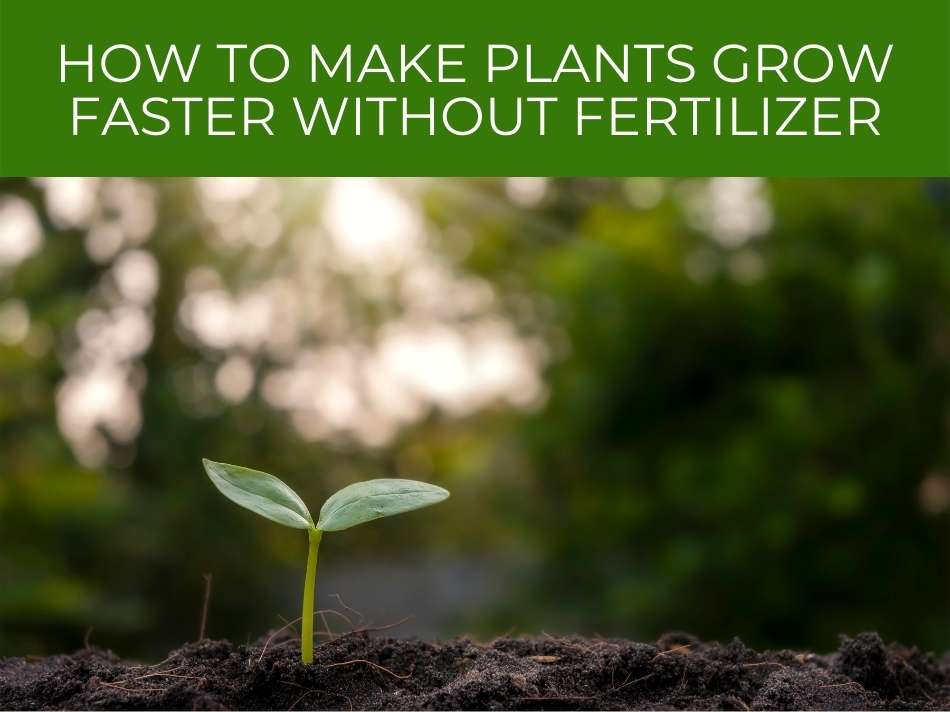Your cart is currently empty!

Tips to Make Plants Grow Faster

There are many tips that can help you make plants grow faster. However, each plant is different and requires specific attention.
To make a plant grow, it needs to have the right light conditions, water, temperature, and nutrients. This can be difficult to achieve.
Water
Water is a crucial nutrient for plants. Its uptake from the soil facilitates mineral nutrition and its flux through vascular tissues circulates nutrients throughout the plant.
In addition, it aids photosynthesis, the process by which plants create sugars from light energy. It also participates in building larger molecules within cells, such as proteins and DNA.
Another important role of water is to serve as a solvent. It dissolves a variety of molecules including acids, salts, sugars and gases.
Water is one of the most versatile liquids known to science. It is a universal solvent, meaning that it can dissolve a wide range of substances.
Fertilize
Adding compost, mulch, or other organic matter to your garden soil can make it richer and more fertile. But it can take a while for those nutrients to be absorbed and released by your plants.
Fertilizer, on the other hand, delivers immediately available nutrients to your plants. Nitrogen, phosphorus, and potassium are the three primary nutrients your plants need to thrive.
The first nutrient is nitrogen, which stimulates plant growth and helps produce chlorophyll and amino acids. Phosphorus is the second nutrient, and it accelerates plant maturity by strengthening the roots and stems.
The third nutrient, potassium, aids the formation of proteins and helps plants resist drought and disease. It also strengthens the immune system of your plants and boosts their overall health. The best fertilizers for your plants have a balanced number of the three major nutrients. Using fertilizers that are too high in nitrogen can cause stunted growth or even death. And too much nitrogen can run off into rivers and lakes, creating toxic algal blooms that are harmful to fish and aquatic life.
Light
Whether you are a beginner gardener or an experienced grower, there are many factors that can help plants thrive. These include water, air, soil nutrients and the right temperature.
Light is an essential element for plants as it plays a vital role in photosynthesis, which involves energy fixation and sugar production. It also influences other plant processes such as photomorphogenesis and photoperiodism.
While all light is needed by plants, different types of light can influence the growth and development of plants in specific ways. For instance, blue light helps promote vegetative (leaf) growth while red light enhances flowering.
Temperature
The temperature of a plant is an important factor in making plants grow faster. It affects the rate of photosynthesis, transpiration and root development.
Temperature is a quantitative measure of the average kinetic energy of atom-scale particles. It varies among substances, and is often expressed in degrees Celsius (C) or Kelvins (K).
In physics, 0 degrees K is the coldest possible temperature.
This temperature is also known as absolute zero, as it is where kinetic motion ceases and everything stops.
Plant growth is stimulated by warmth, while cold inhibits water uptake and slows down the process of photosynthesis.
The optimum temperature for plant growth varies widely between different species and climates. Some crops are especially sensitive to lower temperatures and will not flower as well, while others such as New Guinea impatiens can grow at higher optimum temperatures.
by
Tags: